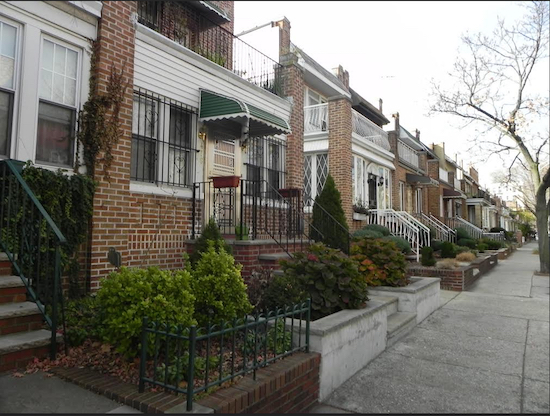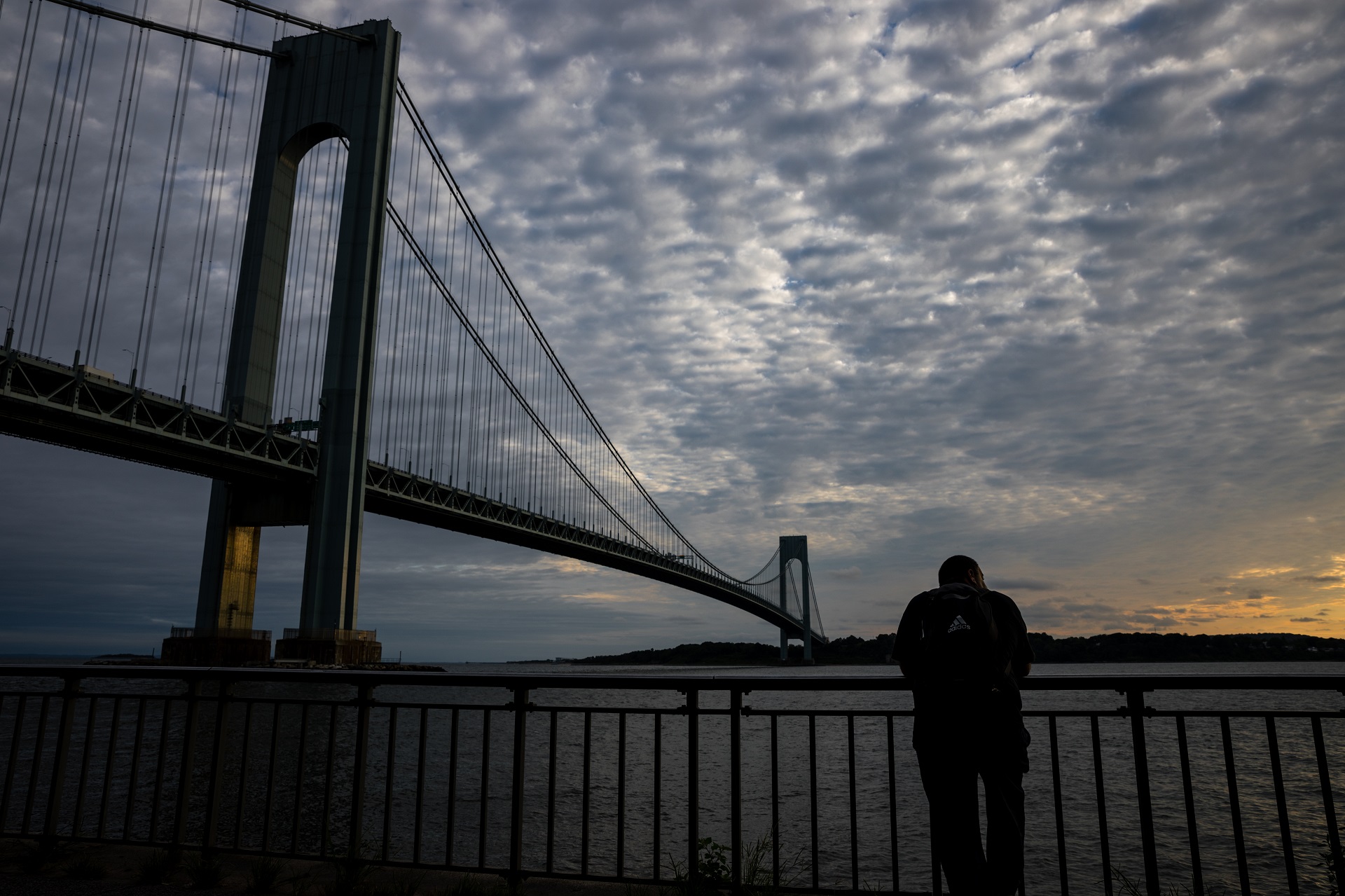Bay Ridge board rejects affordable housing re-zoning plan

Community Board 10 leaders expressed concern that future re-zoning will have a negative impact on the small town feel of Bay Ridge and its neighboring community, Dyker Heights. Eagle photo by Paula Katinas
Joining a growing chorus of Brooklyn community boards that are not singing the praises of Bill de Blasio’s affordable housing plan, Community Board 10 voted to reject a key element of the mayor’s ambitious proposal.
Board 10, which covers Bay Ridge and Dyker Heights, recently voted to reject Mandatory Inclusionary Housing (MIH), a key element of the plan.
To date, 12 of Brooklyn’s 18 community boards have given de Blasio a thumbs-down on his affordable housing plan. Many of the boards are voicing their objections over the mayor’s intention to change zoning laws in order to accommodate the new housing.
